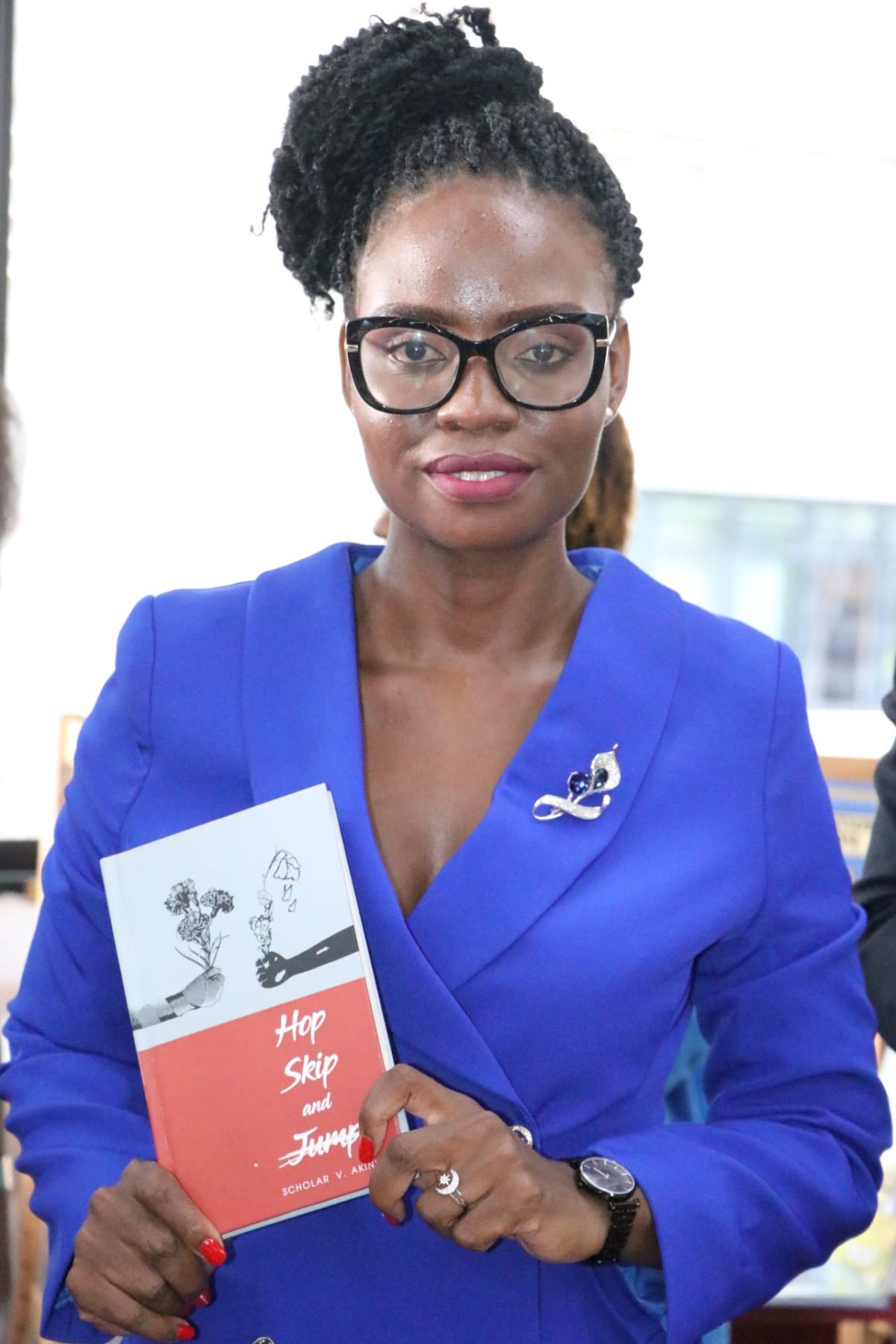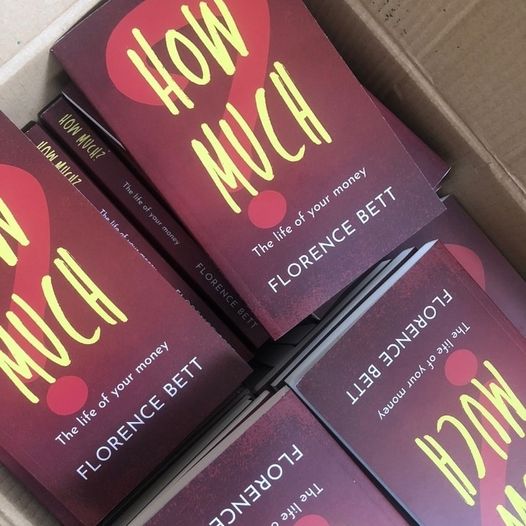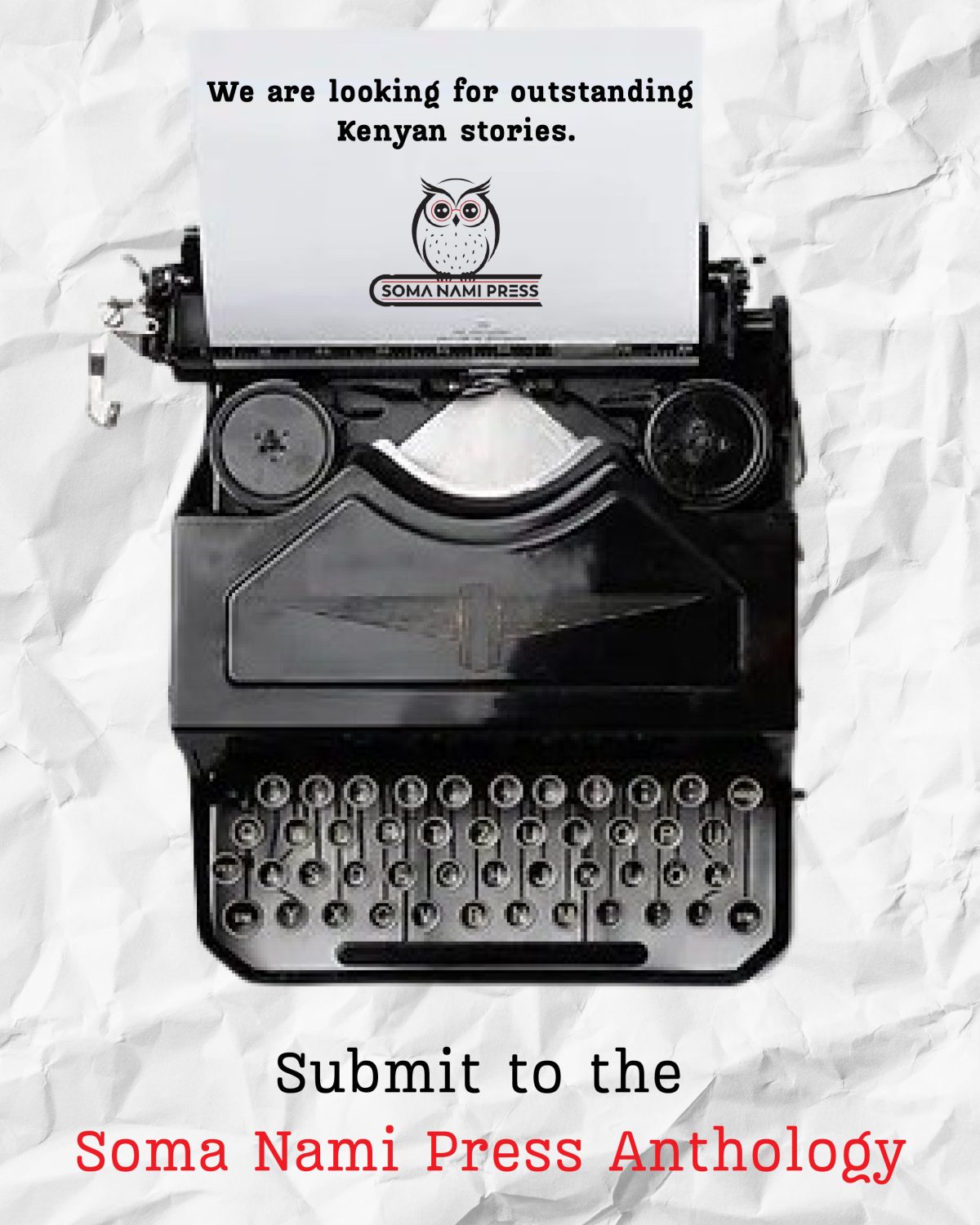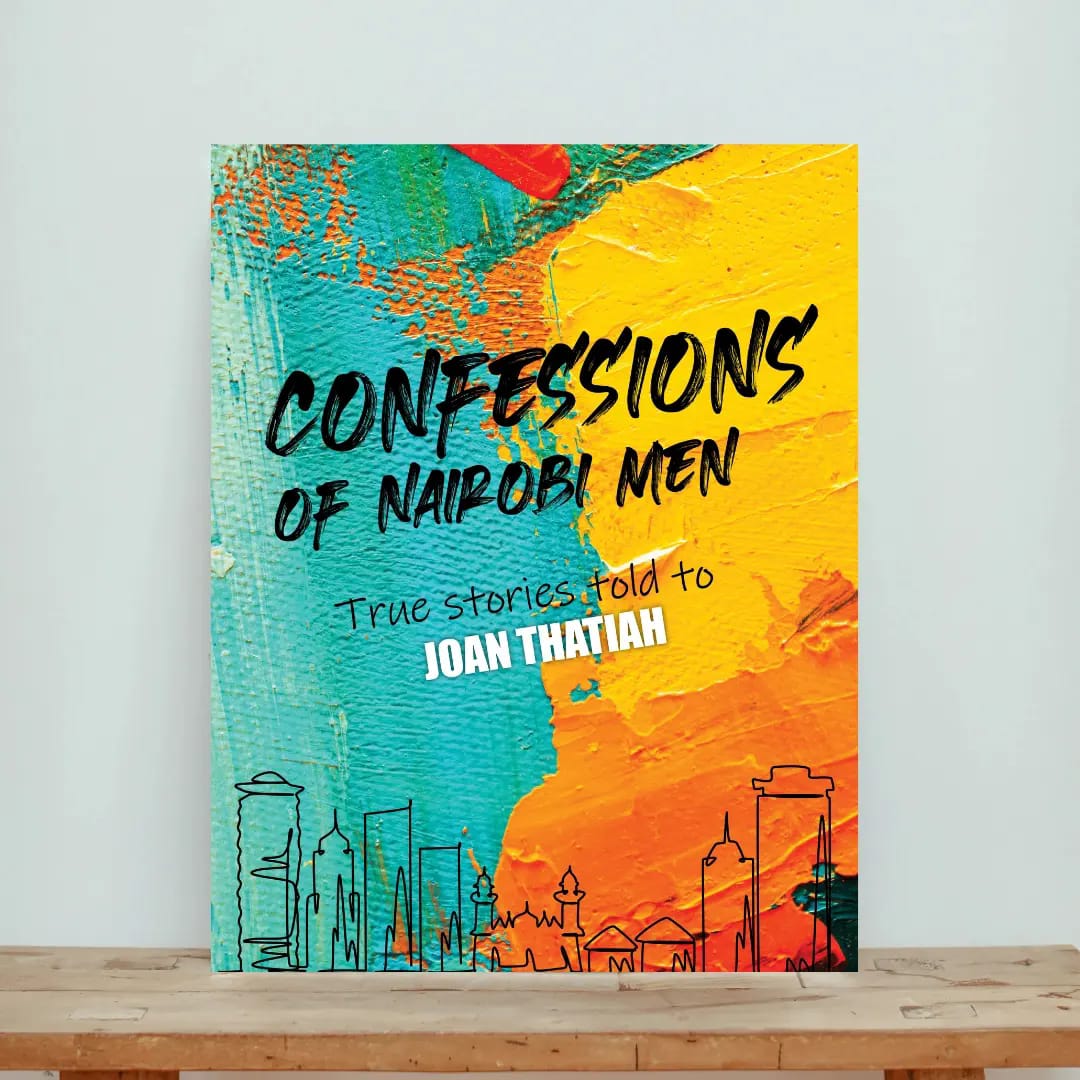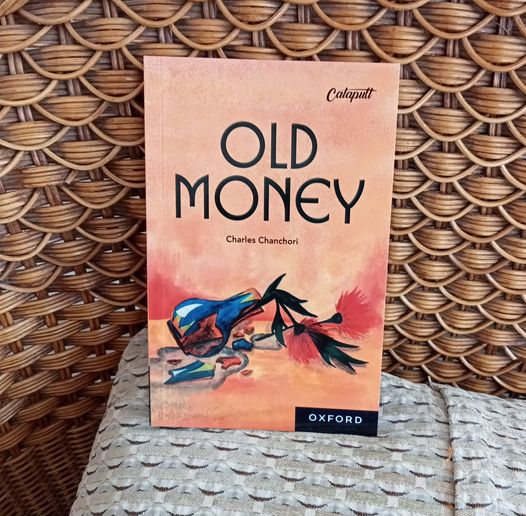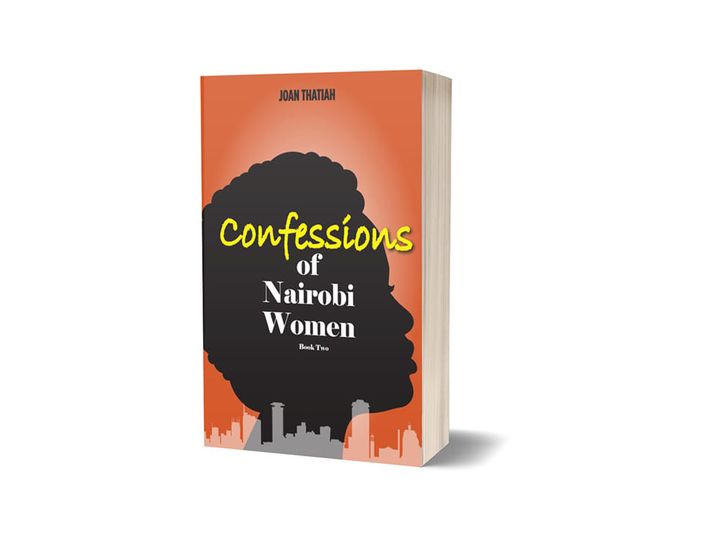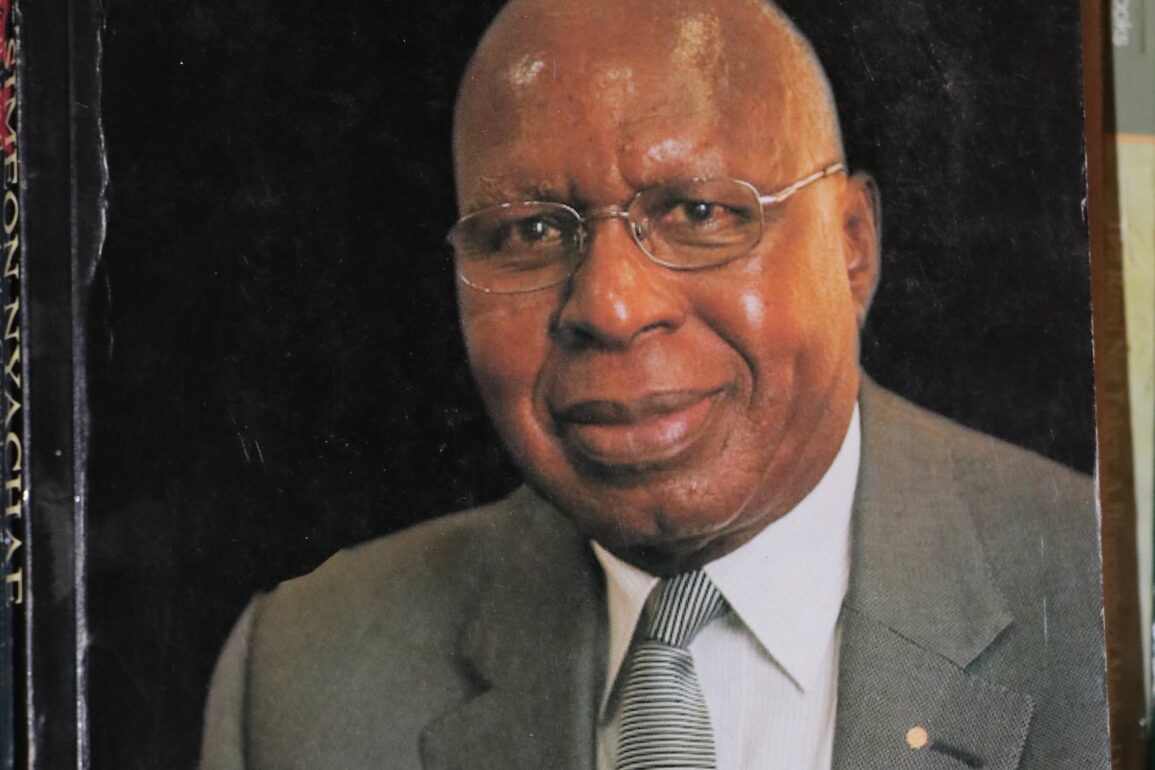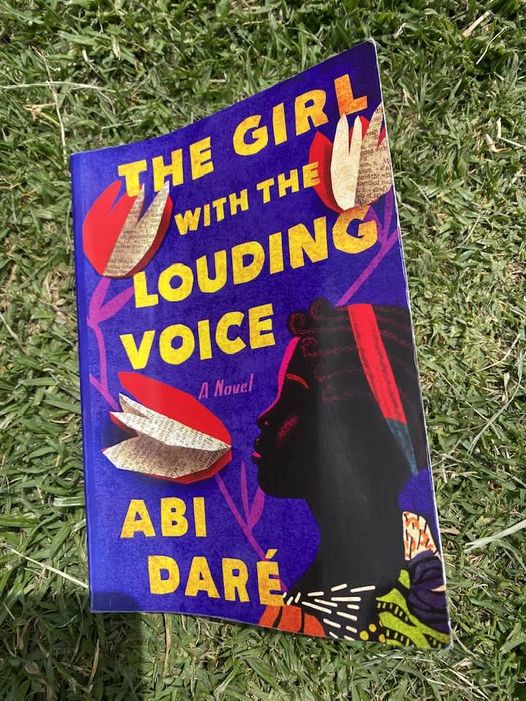TITLE: Hop Skip and Jump
AUTHOR: Scholar V. Akinyi
PUBLISHER: Self
AVAILABILITY: Nuria Bookstore and Cheche Bookshop
REVIEWER: Scholastica Moraa
Hop, Skip, and Jump is a story based on the 2007/8 Post-Election Violence (PEV) in Kenya. Told by three children, Bobo, John, and Vena, it explores the horror that happened after the elections and how it affected the children and their families. The children look forward to Christmas, they dance, they write letters to girls they like, they take care of their siblings, they watch TV.
Until they don’t.
Suddenly, they are no longer safe. There is an enemy everywhere… the worst part is, they don’t know the face the enemy wears. It may be their neighbour, it may be the father or mother of the children they play and go to school with; it may be a stranger’s face. The violence they see on their television screens has spilled into their neighbourhood and the life they knew is no more. New and unfamiliar homes, running through unfamiliar burning streets with borrowed names, hospitals, pain and camps are the new norm.
The innocence, personal touch and rawness in emotion that Scholar weaves into her story, is its most interesting aspect. The PEV, to many people, was merely statistics: the losses (human and property), the displaced persons… This book, however, takes the reader back to the theatre, where it all happened, but now you experience it through the eyes of the children, who lived through it.
The ones everyone says will grow up and forget. The one no one cares to ask, what if they don’t remember to forget? What if they don’t know how to forget… what if they just don’t know how to forget.
The soft delivery in Scholar’s writing makes this an appropriate read for all ages. The violence bit is narrated ever so delicately; yet so powerfully, you can’t help but be impressed. Child soldiers, arson, violence, rape are some of the themes explored in this book. Perhaps the book’s greatest victory is how successfully and accurately it has managed to show the state of affairs in the aftermath of the elections and from an angle most people rarely look at. Children’s point of view.
In a country whose emotions flare up with politics, I hope this book serves as a reminder of what happens when things are taken too far. I hope it reminds us that we are all capable of violence and that so many things can go wrong when we alienate other people based on their political alignment and tribes. Above all, I hope we remember the children. That they may never be able to heal completely from the aftermath of the violence.
They may never be able to jump.
Highly recommended. For everyone. For those who seek to know, to remember, to be cautioned.
Moraa is a young woman navigating life. Author of Beautiful Mess… Co Author of Dreams and Demons and I’m Listening 2021 edition. She is also the winner of Kendeka Prize of African Literature-2022. She can be found with a book or two. When she’s not fighting to stay afloat, she is daydreaming, writing poetry or reading.

